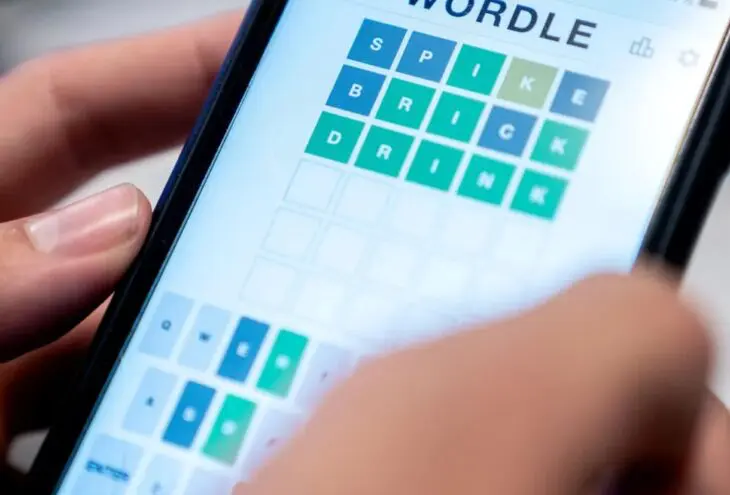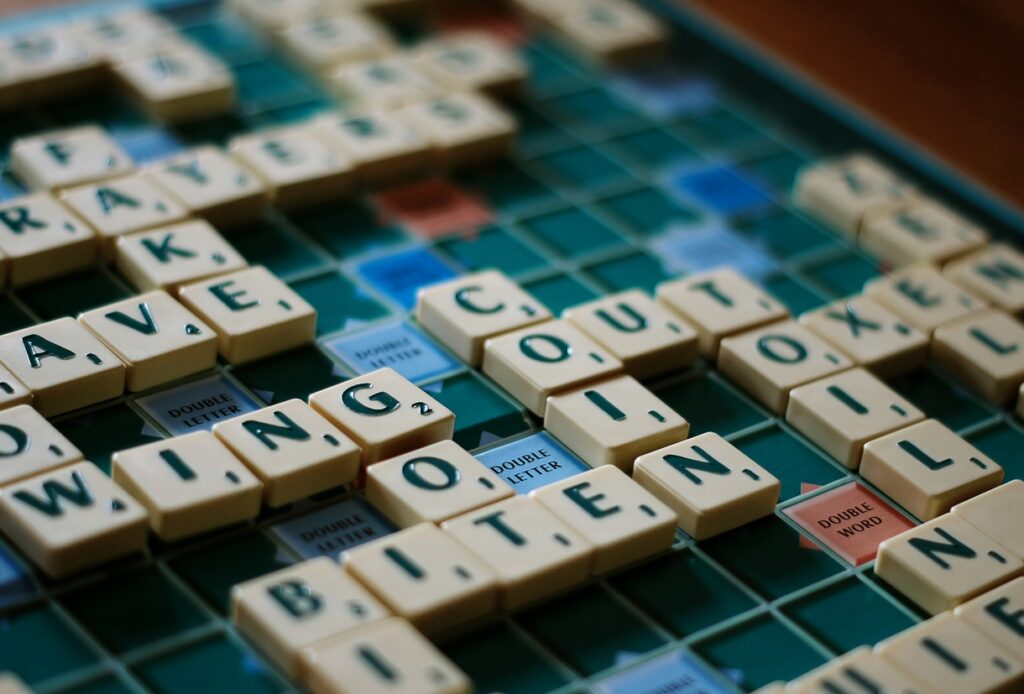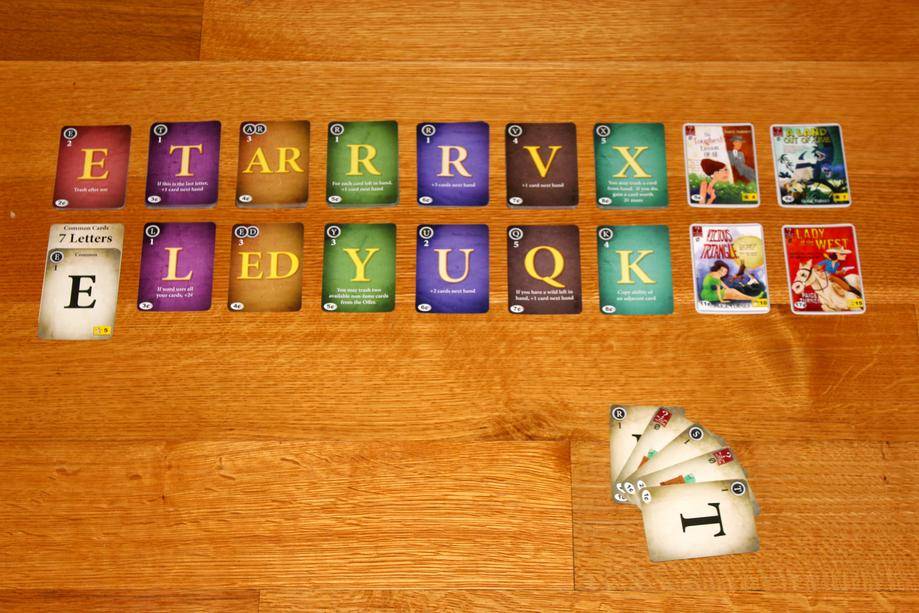
Mastering Words: Top 10 Word Games Beyond Apps
In an era dominated by digital entertainment, the charm and challenge of traditional word games continue to captivate minds. These games, ranging from the time-honored Scrabble to the innovative Codenames, offer a delightful blend of education, strategy, and fun, appealing to word enthusiasts of all ages. Unlike their app-based counterparts, these games encourage face-to-face interaction, bringing together families, friends, and even strangers in a shared love for words and wit.
In this article, we will explore the top 10 word games, including classics like crossword puzzles and Scrabble, highlighting how each game uniquely engages players in the art of wordplay. Whether you’re a vocabulary virtuoso or a novice wordsmith, this list promises to have something to pique your interest and challenge your linguistic skills.

- Scrabble: A classic board game that needs no introduction, Scrabble challenges players to create words on a game board using lettered tiles. Each letter has a specific point value, and the game requires strategic placement of words to maximize points. Scrabble not only tests vocabulary but also spatial and strategic thinking.
- Crossword Puzzles: These puzzles are a staple in many daily newspapers and puzzle books. They come in various difficulties, from beginner to expert, and can cover a wide range of topics. Crossword puzzles enhance vocabulary, spelling skills, and general knowledge.
- Bananagrams: This fast-paced, Scrabble-like game does not require a board. Players race against each other to build a grid of words using their tiles. The game is portable and perfect for quick gameplay.
- Boggle: In Boggle, players have a set amount of time to find as many words as possible in a grid of letters. The game is great for improving word recognition and quick thinking.
- Word Search: This classic puzzle involves finding words hidden in a grid of letters. The words can be placed horizontally, vertically, diagonally, and sometimes even backwards, making it a fun challenge for pattern recognition and spelling.
- Codenames: While not a traditional word game, Codenames involves words in a unique way. Players give one-word clues to try to get their teammates to guess the correct words from a grid. It’s excellent for developing vocabulary and associative thinking.
- Quiddler: This card game challenges players to create words from the letters on their cards. With each round, the number of cards increases, making the game progressively more challenging.
- Upwords: Similar to Scrabble, Upwords allows players to stack letters on top of each other to create new words. This twist adds a three-dimensional aspect to the traditional word-building game.
- Word Domination: This is a strategic game where players use letter tiles to create words and control areas of a hexagonal board. It combines elements of word building with area control and resource management.
- Paperback: A unique combination of word game and deck-building card game. Players start with a deck of letter cards and use them to form words, earning money to buy more powerful letters and victory points.

Playing these games not only provides entertainment but also helps in improving language skills, cognitive abilities, and social interaction. They are suitable for players of all ages, making them perfect for family game nights, educational settings, or simply as a fun way to pass the time.